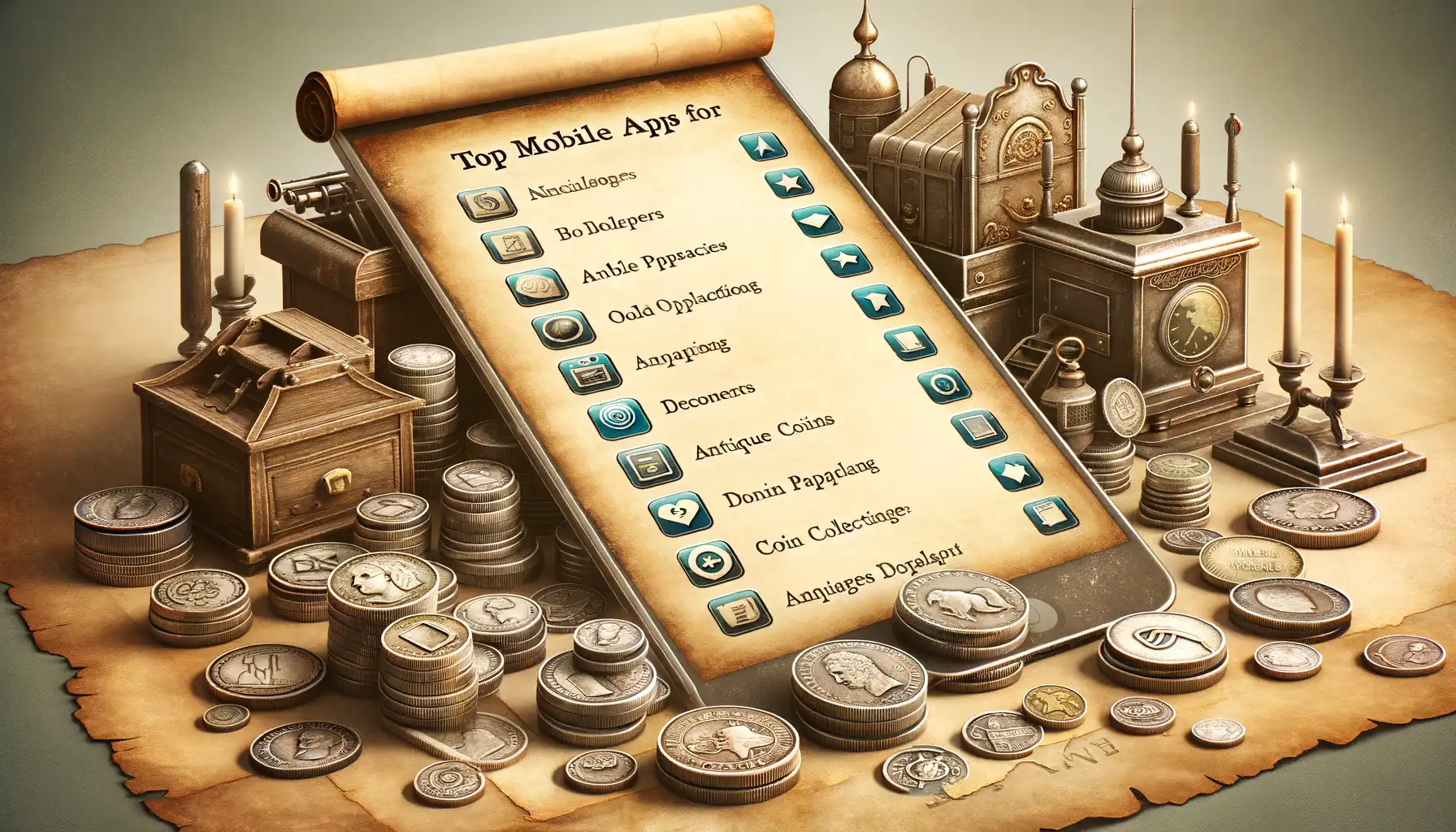Understanding the Impact of AI in Recruitment
How AI is Redefining Recruitment Dynamics
Imagine recruitment as a bustling airport, with candidates arriving and departing like planes. Now, picture AI as the air traffic controller, seamlessly orchestrating the chaos to ensure every flight – or hire – lands smoothly. AI isn’t just a tech buzzword anymore; it’s the power steering behind modern hiring strategies.
What makes it so impactful? For starters, AI dives headfirst into the mountain of applications HR teams face daily. Gone are the days of manually sifting through stacks of resumes. Today, systems like AI-driven Applicant Tracking Systems (ATS) do the heavy lifting, analyzing endless data points in a flash to highlight the best matches – kind of like your favorite dating app, but for jobs.
The Ripple Effect: Efficiency Meets Quality
It’s not just about speed; it’s about refining the process. AI tools can identify patterns that humans may overlook. For instance:
- Spotting unconventional career paths that signal potential.
- Reducing bias by focusing on skills and experience over subjective factors like name or appearance.
- Predicting retention rates using historical data and analytics.
But let’s not forget the human side here. Candidates want to feel seen, heard, and valued. Through personalized chatbots and smart interview tools, AI infuses a sense of understanding into the recruitment process. It’s like having your very own career coach who knows exactly what you’re looking for – minus the judgment.
AI-Driven Tools and Technologies Shaping Recruitment
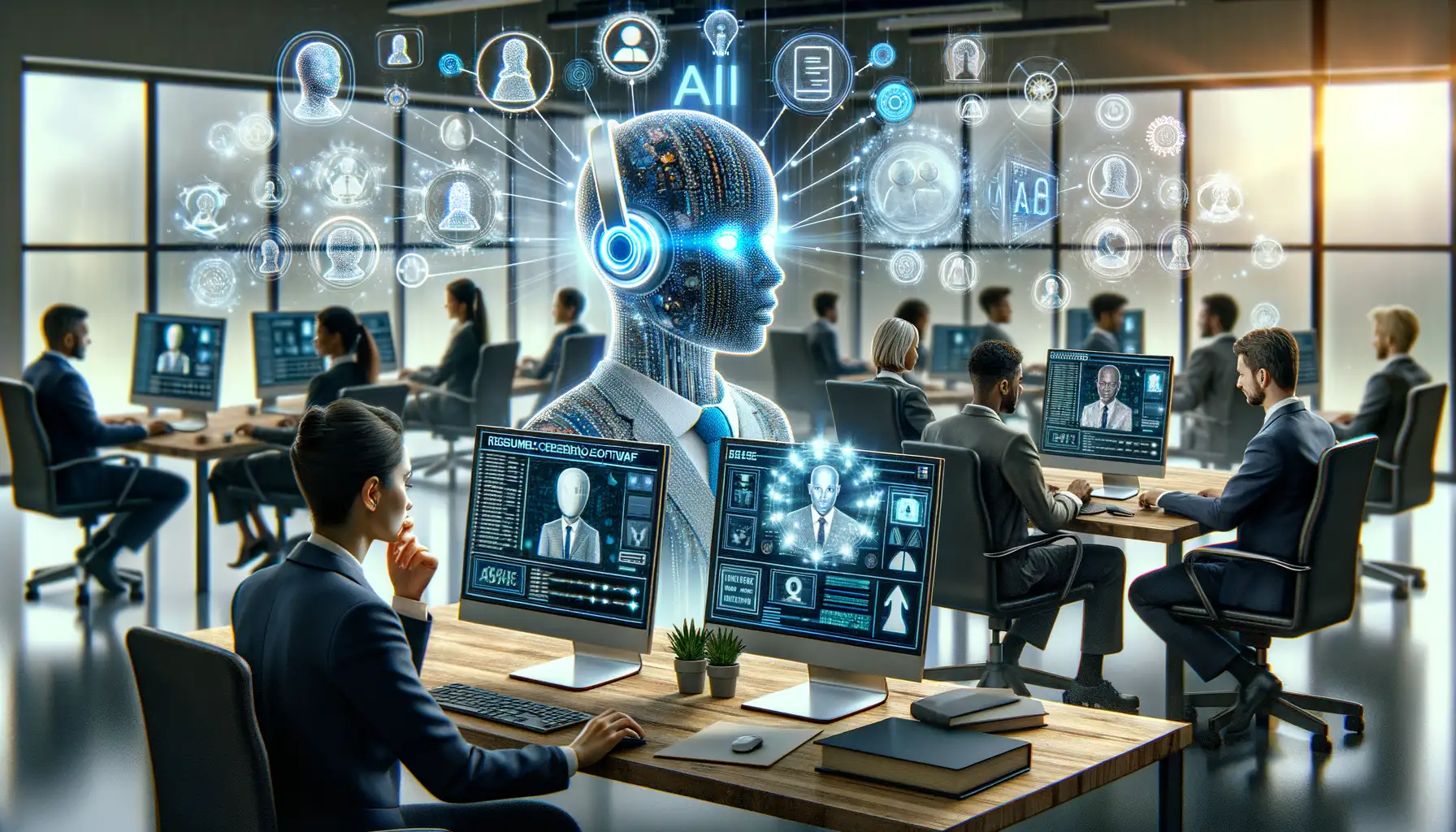
Transforming Hiring with Cutting-Edge Innovation
Recruitment is no longer just a game of sifting through piles of resumes—it’s a dynamic, tech-powered process where AI-driven tools are rewriting the rules. Imagine this: instead of endless hours spent manually screening candidates, a sophisticated algorithm pinpoints top talent for you in moments. That’s not future talk; it’s happening now.
From AI chatbots conducting initial interviews to systems analyzing speech patterns for cultural fit, recruiters are handed tools that feel almost magical. Picture a hiring manager using resume parsing software to extract precisely the skills they need from thousands of CVs or leveraging predictive analytics to anticipate whether a candidate would thrive or falter in six months on the job.
- Talent sourcing platforms scan the web to uncover hidden gems—those elusive candidates who aren’t actively applying but are perfect for a role.
- AI-powered bias-reduction tools ensure decisions are driven by merit, not unconscious prejudice.
It’s like giving your recruitment team superpowers, except the capes are made of data and algorithms. And honestly? It’s thrilling to watch these tools uncover potential humans alone might overlook.
Benefits of Integrating AI in Global Hiring Strategies
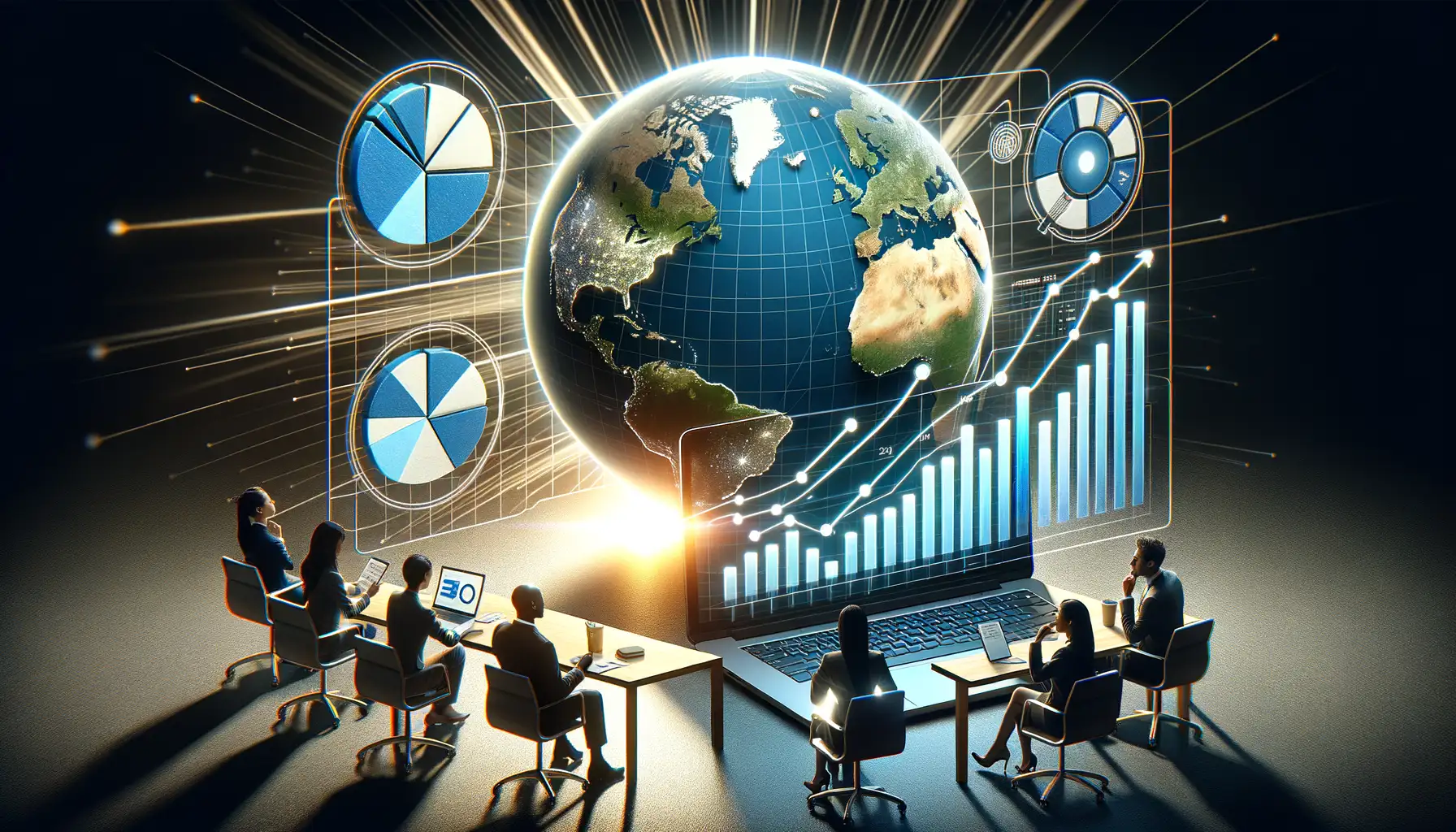
Why AI is Transforming Global Hiring for the Better
Imagine sifting through thousands of resumes from across continents, searching for that one gem. Sounds exhausting, right? This is where integrating AI into global hiring strategies feels like swapping a flashlight for a floodlight—it’s illuminating every corner of the talent pool and revealing things you might never have seen before.
First, picture a recruiter trying to decode applications in over a dozen languages. With AI-powered translation tools, this daunting task becomes almost magical. Your hiring process gets a multilingual superpower that ensures no talented candidate is overlooked due to a language barrier.
Second, AI thrives at crunching data—quickly identifying trends, skills, and qualifications that align with your needs. But it’s more than just a numbers game. AI can detect patterns in candidate behavior, like their eagerness to upskill or adaptability in diverse roles. That’s not efficiency; that’s foresight.
- Bias reduction: AI tools don’t care about names, accents, or zip codes—they focus on qualifications.
- Speed and scale: Filter through thousands of global applications in hours instead of weeks.
- Personalized experiences: Chatbots can offer candidates instant responses, creating smoother journeys.
If hiring globally feels like navigating an endless maze, AI hands you a map, a compass, and a rocket ship.
Challenges and Ethical Considerations of AI in Recruitment
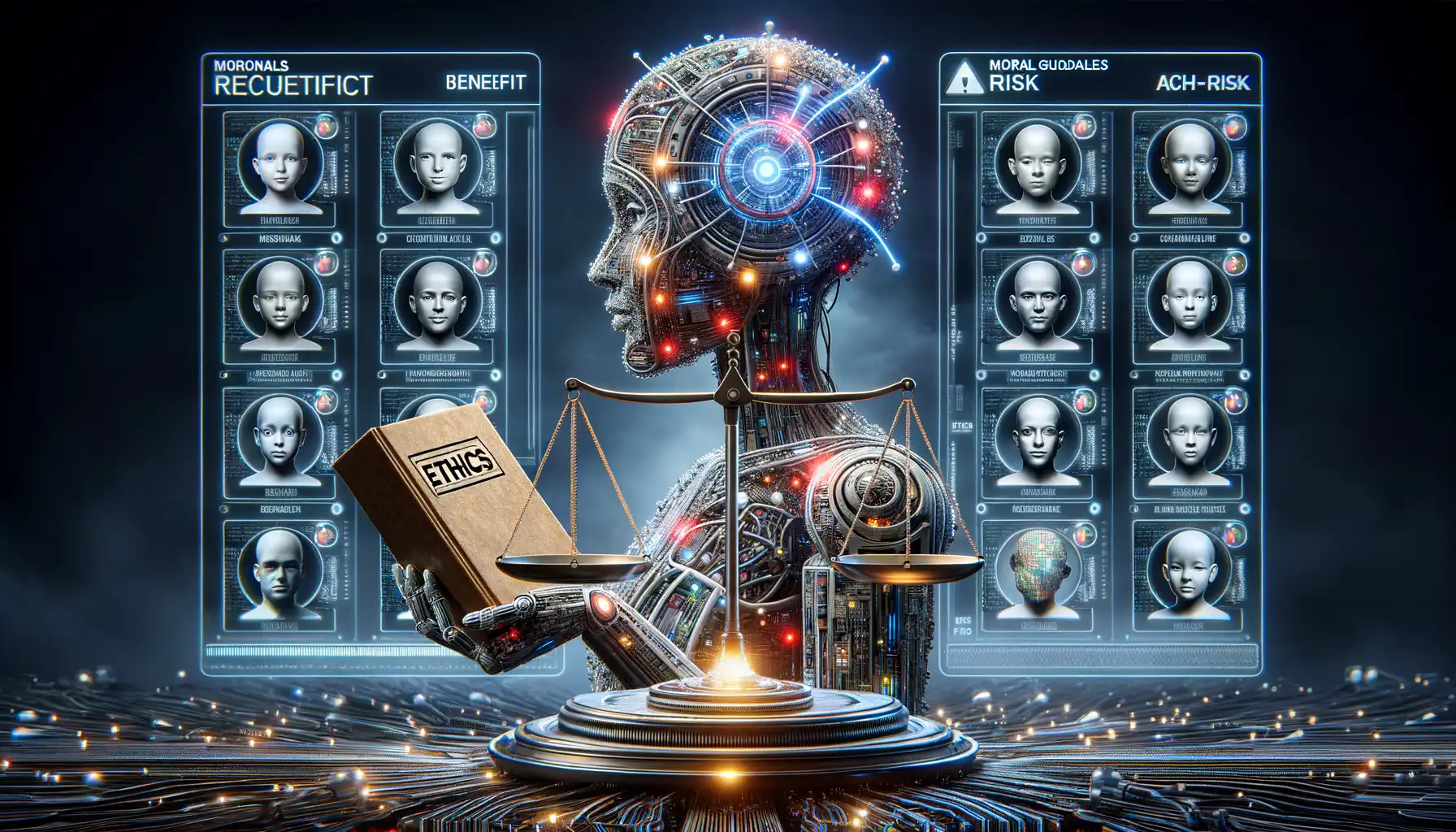
Pitfalls That Could Trip Up AI in Recruitment
Imagine this: a seemingly flawless AI tool scans a pile of resumes in seconds, ranks ideal candidates, and saves hours of human effort. Sounds like a dream, right? But here’s the catch—this brilliance can have blind spots.
AI algorithms, for all their genius, are only as good as the data they’re fed. If that data carries human bias (think patterns of gender, race, or age discrimination), the AI may unknowingly perpetuate those biases. For example, a system trained on past hires might prioritize candidates from certain schools while quietly sidelining others with equally stellar qualifications.
On top of that, there’s something chilling about handing over hiring decisions to lines of code. How do we, as humans, ensure accountability when an algorithm makes a choice that changes someone’s life? Without transparency in how these tools work, the process can feel like a black box—mysterious and possibly unfair.
- How does AI handle cultural nuances when recruiting globally?
- Does automated decision-making rob candidates of their unique narratives?
Navigating the Ethical Minefield
Now, let’s talk ethics. Imagine being rejected for a job because an AI detected “negative sentiment” in your video interview—perhaps because you were nervous or simply had a bad day. It’s an unsettling reality of emotion-recognition software, which often lacks context or sensitivity to how diverse individuals express themselves.
Then there’s candidate privacy, a hot-button issue. AI systems crunch through vast amounts of personal data—from social media posts to digital footprints. But where should we draw the line? Should employers know what TV shows you binge-watch before offering you that dream role?
Here’s the kicker: ethical AI isn’t just a checkbox—it’s a commitment. Companies embracing this technology need to invest in fairness audits, regular algorithm reviews, and strict data protection measures. After all, technology should support our humanity, not bulldoze it.
Future Trends in AI-Powered Recruitment
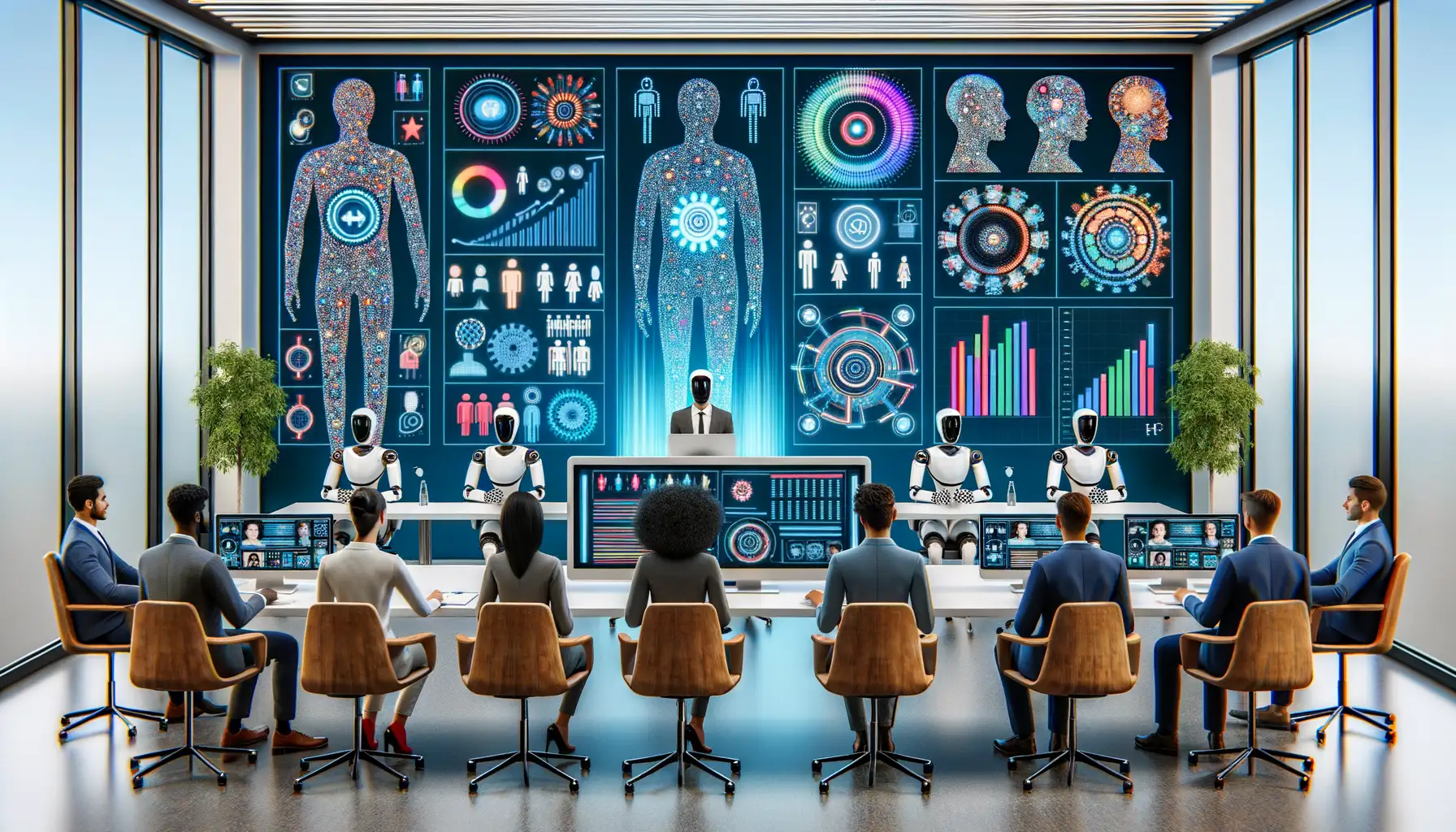
The Evolution of AI Recruitment: Tomorrow’s Game-Changers
Picture this: a hiring process so seamless it feels like magic. That’s the future with AI-driven recruitment. But what’s truly on the horizon? Buckle up, because change is coming faster than we think.
First, let’s talk prediction magic. AI tools are evolving to predict not only who will perform well in a role, but also who will thrive in the company’s culture. Think of it as matchmaking, but for careers. Say goodbye to the days of guessing if a candidate is *just* good on paper—it’s about finding a human fit behind the résumé.
Another jaw-dropping trend? Fully immersive candidate experiences. Imagine an applicant putting on VR gear to “step into” their potential office, meet virtual avatars of their teammates, or even complete interactive skill tests in a lively simulated environment. It’s tech, but with a deeply personal twist.
- Real-time bias detection algorithms ensuring fairness on every level.
- Hyper-personalized job suggestions based on behavioral insights, not just keywords.
- AI-supported onboarding that feels like a warm welcome, not a data dump.
AI isn’t replacing human touch here—it’s elevating it to revolutionary levels. The future of recruiting? Smarter. Fairer. More human than ever.







